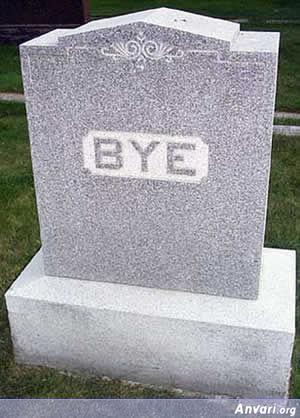What is work? . . . Drumroll, please. The jury has spoken.
With apologies regarding my thoroughly unscientific method, I want to share some of the input offered by you through my survey “What Is Work?” (still open to anyone who wants to complete it).
I asked respondents to define work ranging from “to earn a living” (1) to “a purposeful calling” (7) with “an even balance between the two” (4) in the middle. The ideal vs. realistic definitions of work swung from ideal being at the higher end of the scale—just above “an even balance between the two” (4.48)—to the realistic being closer to the bottom—near “to earn a living” (2.94), with over 50 percent of the responses being a 1 or 2.
This wasn’t a surprise. Most of us want and seek meaningful work but must balance that with the necessity of earning a living. The open-ended responses were more interesting.
- 33% mentioned earning a living (“making ends meet,” “livelihood”).
- 15% described doing something you “love” or “enjoy.”
- 12% mentioned “money.”
- 12% mentioned doing something “meaningful.”
- 1% mentioned “enjoying” it.
- Only one person used the word “occupation.”
The actual responses ranged from bluntly realistic to idealistically hopeful:
- “slave labor”
- “Beyond being a societal norm to have ‘work,’ people thrive on being busy. It offers an important (at times frustrating) contrast to leisure.”
- “Don’t know yet. What you do.”
- “Work is a huge portion of one’s life. It is crucial that it is enjoyable and challenging so that one does not feel as if he or she is wasting away all of his or her time to earn a living, but obviously money cannot be ignored either.”
- “A necessary part of life”
- “Work is personal labor that fills our time and life with expressions of our particular gifts and skills.”
Thanks for your input! (The overwhelming majority of respondents were Penn undergrads but also included a handful of others (people employed full-time at Penn or elsewhere).) I find articles, opinions, and artistic creations about “work” very interesting and apropos—given my own work as a career counselor—and I’ve enjoyed sharing current Philadelphia artistic endeavors about work in two blog posts this year.





